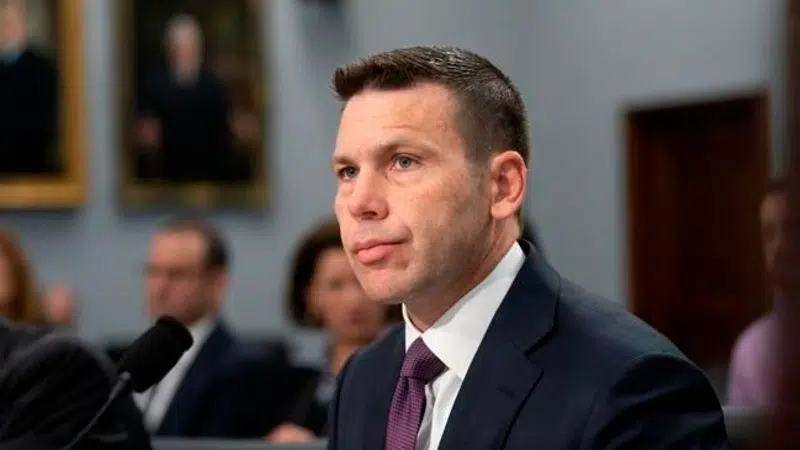
White House wants $4.5 billion in emergency border funding
WASHINGTON — The Trump administration on Wednesday asked Congress for an additional $4.5 billion in emergency funds for the U.S.-Mexico border as it grapples with a surge of Central American migrant families seeking refuge in the U.S.
Most of the money requested would be used to increase shelter capacity and care for the migrant families who have been fleeing poverty and violence in their home countries. Department of Homeland Security officials said they would likely run out of money without the extra cash.
“DHS projects it will exhaust resources well before the end of the fiscal year,” read the administration’s formal request letter to Congress, which was obtained by The Associated Press.
